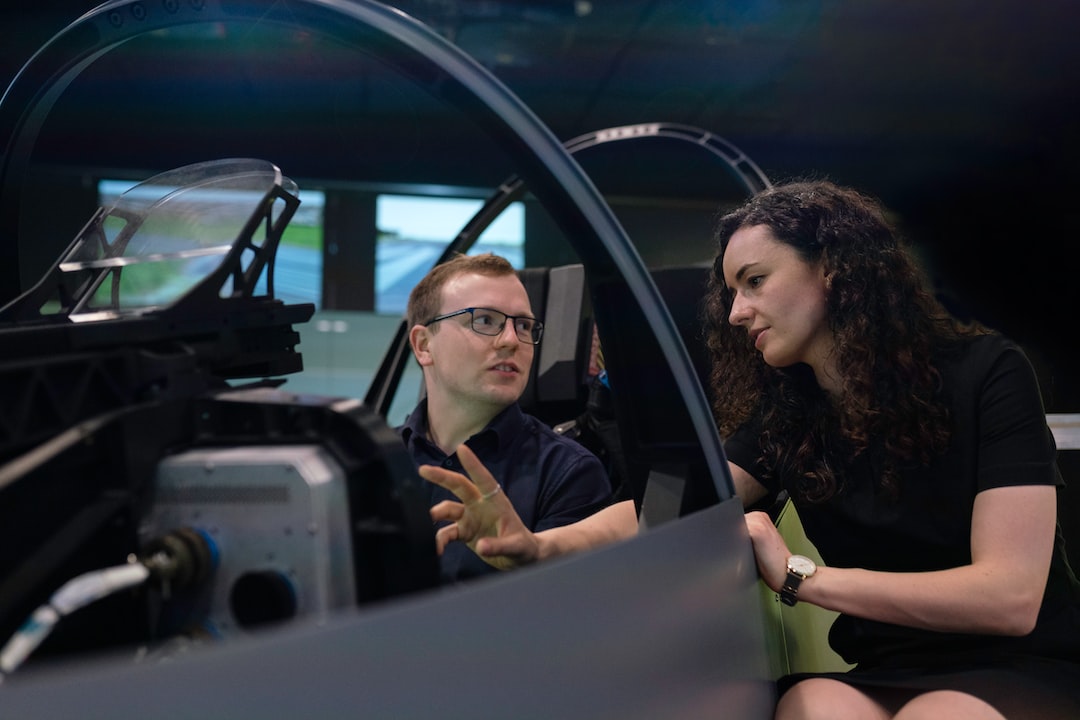The Role of Tech in Sustainable Development Goals
In recent years, we have witnessed the growing importance of technology in our everyday lives. From smartphones to advanced robotics, technology has revolutionized the way we communicate, work, and live. But did you know that technology is also playing a crucial role in achieving the Sustainable Development Goals (SDGs) set by the United Nations?
The SDGs, adopted in 2015, are a set of 17 goals aimed at addressing significant global challenges such as poverty, hunger, climate change, and inequality by the year 2030. These goals have been designed to ensure a sustainable and inclusive future for all. Technology, with its immense potential, is proving to be a powerful tool in achieving these goals and transforming our world for the better.
One of the key areas where technology is making significant contributions is in tackling poverty and hunger. With the help of digital platforms and mobile devices, we are witnessing a digital revolution in developing countries. These technologies are empowering marginalized communities by providing access to financial services, connecting farmers to markets, and delivering information about health, education, and entrepreneurship. For instance, mobile banking is enabling millions of unbanked individuals to access financial services, thus promoting financial inclusion and alleviating poverty.
Furthermore, technology is also playing a vital role in addressing climate change and promoting sustainable practices. The development and deployment of renewable energy technologies such as solar and wind power have revolutionized the energy sector. These clean energy sources are not only reducing carbon emissions but also providing affordable and reliable electricity to remote areas. Moreover, the Internet of Things (IoT) and artificial intelligence are being used to optimize energy consumption in buildings, industries, and transportation, thereby contributing to energy efficiency and sustainability.
Education is another important area where technology is making a substantial impact. The digital revolution has provided unprecedented access to education resources and opportunities. Online learning platforms and Massive Open Online Courses (MOOCs) are offering free or low-cost education to people worldwide. This is especially beneficial for individuals in remote and underserved areas who may not have access to traditional educational institutions. Technology is democratizing education and bridging the educational gap, thus paving the way for a more equitable and inclusive society.
Furthermore, technology is also revolutionizing healthcare and improving access to quality healthcare services. Telemedicine, for instance, is enabling healthcare professionals to remotely diagnose and treat patients, particularly in rural and isolated areas. This not only saves time and costs but also improves healthcare outcomes. Additionally, wearable devices and health apps are empowering individuals to monitor and manage their health, thus promoting preventive healthcare.
However, while technology has tremendous potential for achieving the SDGs, it is crucial to ensure that it is deployed in an ethical and responsible manner. There is a need to bridge the digital divide and ensure that everyone, irrespective of their socio-economic background, has access to technology. Additionally, privacy and data protection must be prioritized to maintain trust and ensure that technology is not misused.
In conclusion, technology is playing a vital role in achieving the Sustainable Development Goals by addressing poverty, hunger, climate change, education, healthcare, and more. It has the potential to bring about significant positive change and transform our world for the better. However, it is crucial to harness this potential responsibly and ethically, ensuring inclusivity, privacy, and sustainability. By leveraging technology and innovation, we can create a more prosperous, equitable, and sustainable future for all.

